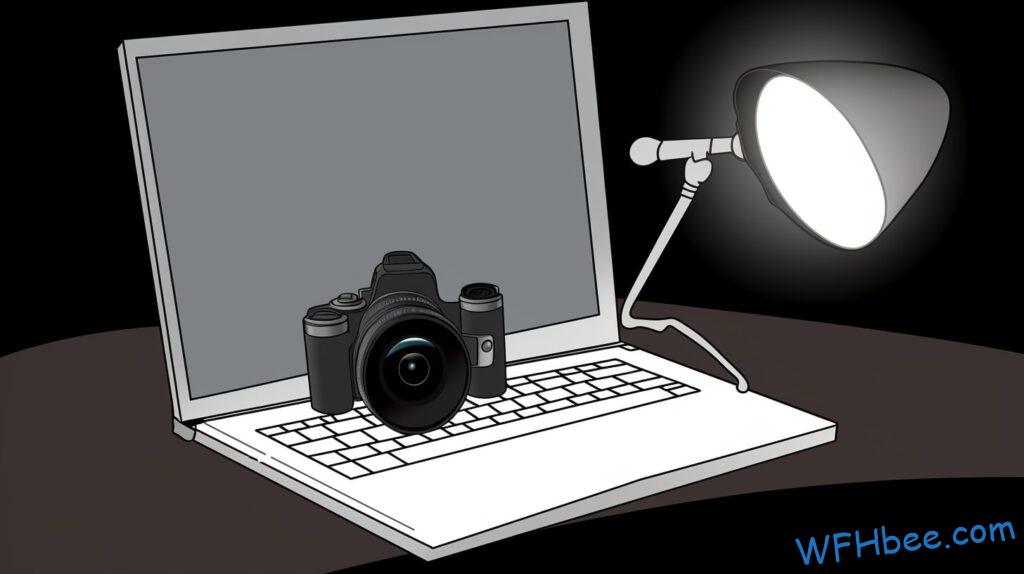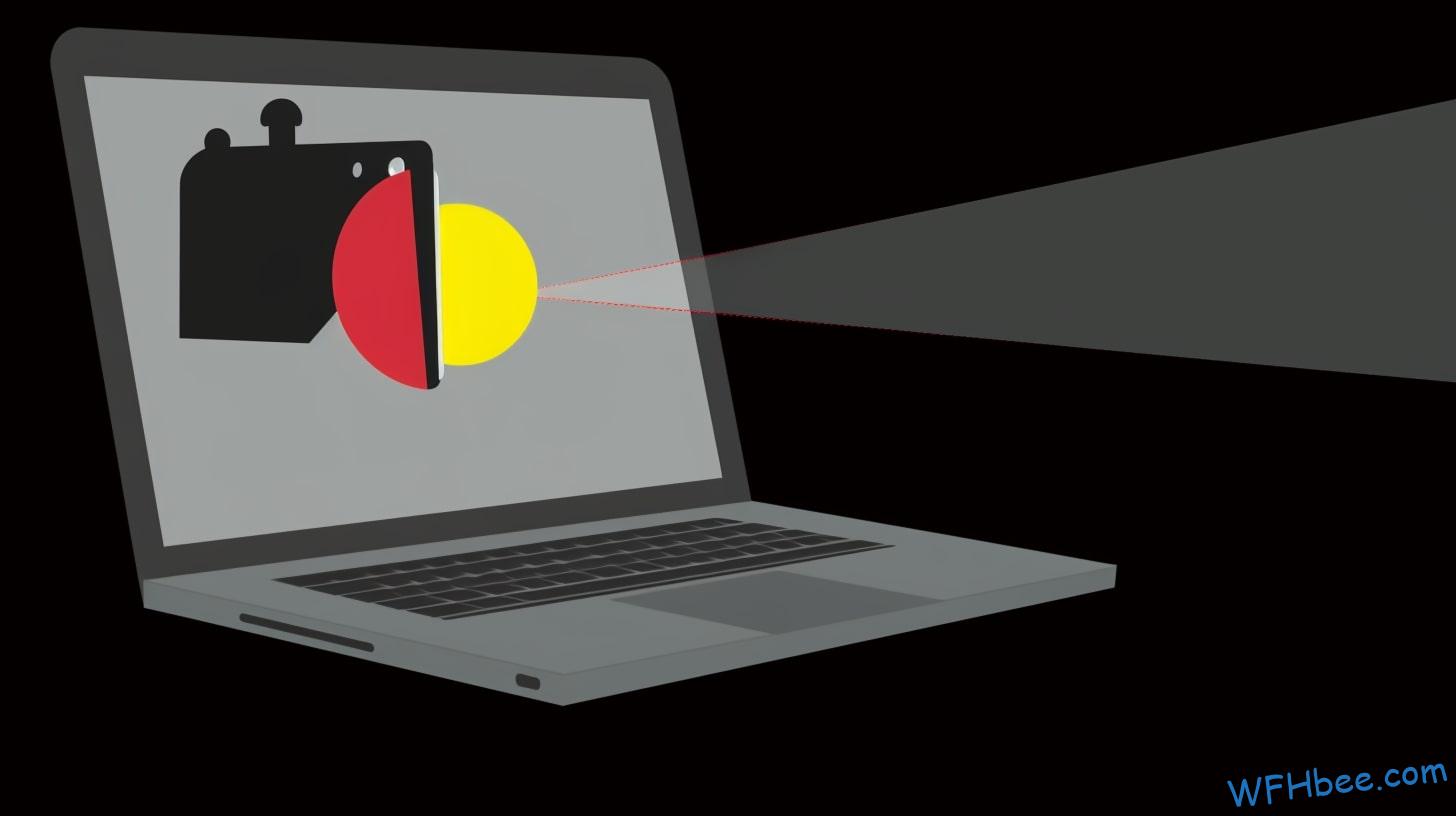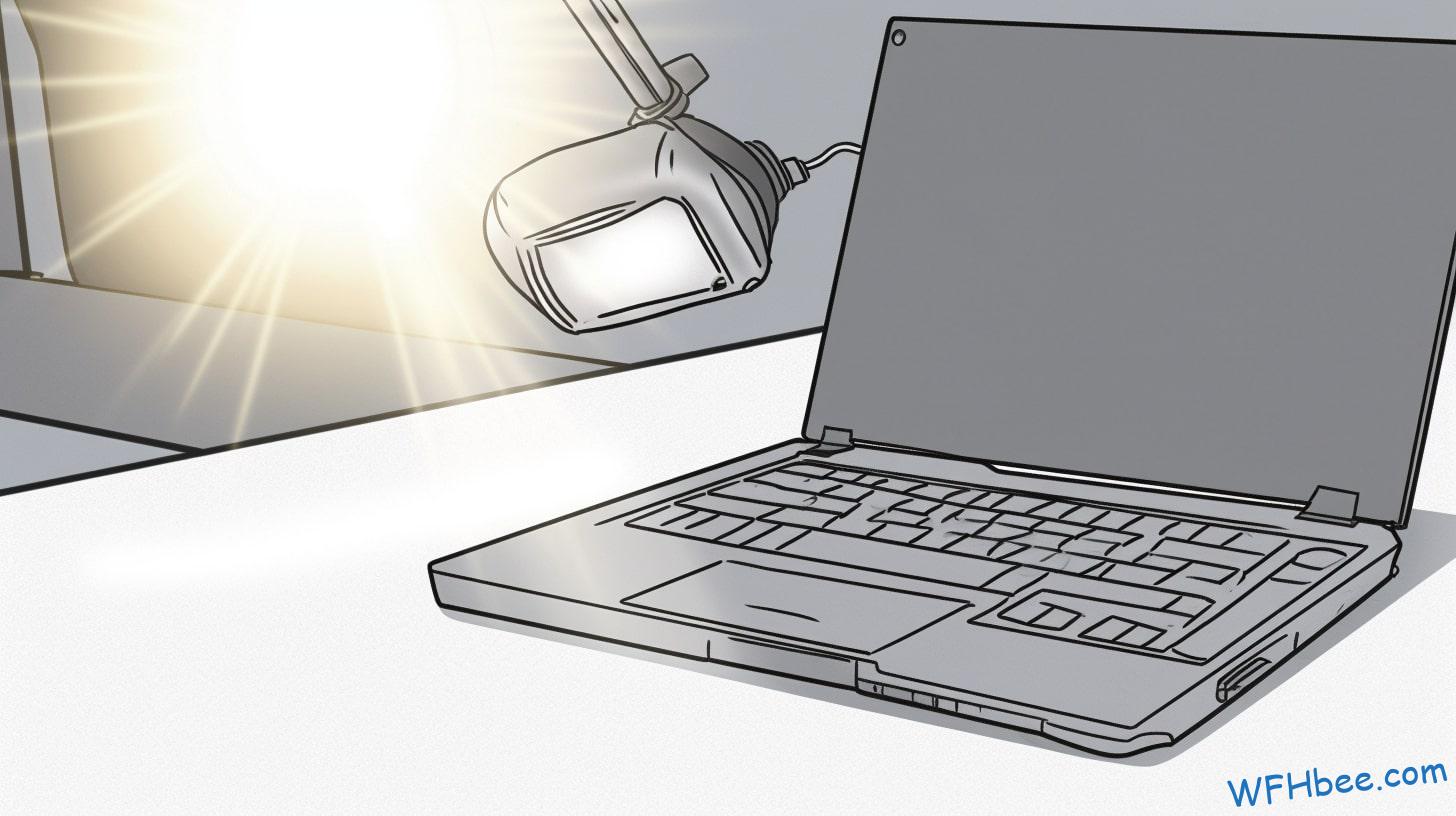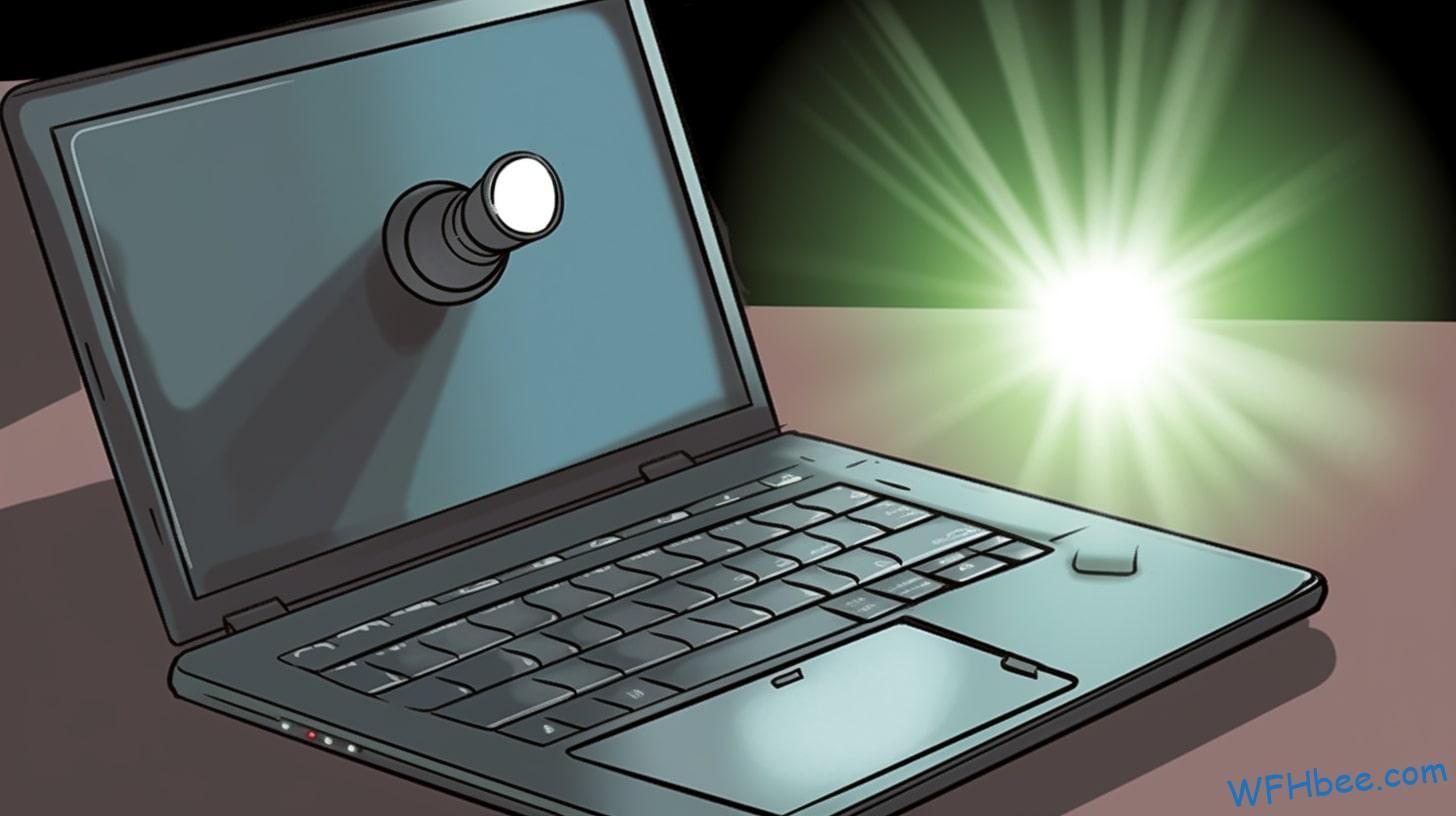Working remotely has become commonplace lately. As a result, some employers have begun to monitor employees’ online activities in order to ensure they are staying on task and not wasting time while working from home.
One tool that is discussed a lot among remote workers is VPNs, or virtual private networks, which help protect users’ data by encrypting their internet traffic. But can your employer track you if you use a VPN?
In this article, we’ll explore the answer to this question and discuss how you can best protect yourself against workplace surveillance when you’re working remotely. So for those of us craving freedom in our work lives, read on to find out what precautions you should take!
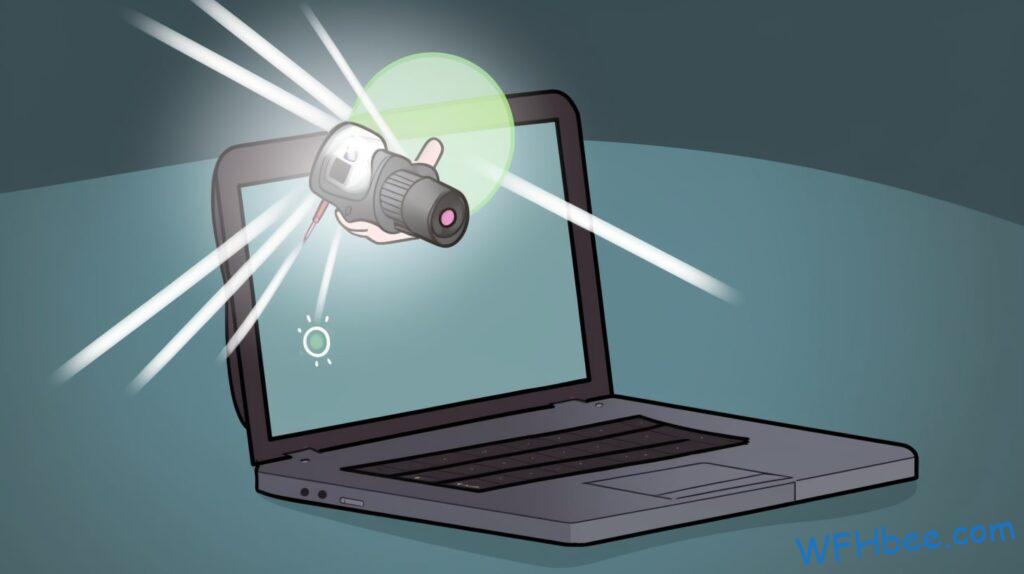
Here are the main points we’ll go over in this article:

What Is A VPN?
The use of Virtual Private Networks (VPNs) is becoming increasingly popular as more and more people embrace their freedom to work from wherever they choose. It’s easy to see why; VPNs have revolutionized the remote working experience by providing secure access to data and applications, allowing you to connect securely over any network – even one that isn’t entirely trustworthy.
But can your employer track you if you’re using a VPN? Let’s take a closer look at how these security protocols work.
VPNs are built on encryption protocols and other cutting-edge technologies designed to protect data while it’s in transit across networks. By encrypting all traffic between two points, VPNs ensure that no third party can intercept or read the information, meaning your online activity remains completely anonymous.
Furthermore, many corporate VPN providers also offer additional features such as IP masking which further enhance anonymity and privacy, making it nearly impossible for anyone – including an employer – to monitor where users go or what they do when connected.

How Does A VPN Work?
Working remotely with a VPN can be the ultimate way to safeguard your privacy and secure your data. A good VPN provides secure connections by using encryption protocols that protect you from potential threats on the internet, such as hackers trying to steal sensitive information or malicious websites attempting to spread malware.
When connected to a VPN, all of your online activities are encrypted and sent through an intermediary server, making it nearly impossible for anyone else on the same network security system to monitor what you’re doing. By connecting through a reliable virtual private network (VPN), you can not only access content that might otherwise be restricted due to geographical location but also stay safe while doing so.
With strong encryption protocols in place, everything you do is securely routed between two points: your device and the remote server, leaving no traceable digital footprint behind. So if you want extra peace of mind when working remotely, make sure you use a quality VPN service—it’s worth every penny!

What Are The Pros And Cons Of Using A VPN?
Using a VPN has its advantages, as well as drawbacks. The pros of using a VPN include increased security and data encryption. It’s also an effective way to bypass any privacy laws that your employer might be subject to by virtue of their location or industry.
- Enhanced security: A VPN will encrypt all the information you send over the internet, making it virtually impossible for cybercriminals to intercept this data.
- Data Encryption: All data transmitted through a VPN is encrypted so that unauthorized individuals cannot access your personal information or activity logs.
- Privacy Laws: Employers are typically bound by certain regulations when collecting employee data, which can be circumvented with a VPN connection – giving people more control over who sees what they do online while working remotely.
The downside of using a VPN is that some employers may take notice if they detect suspicious activity on the network, in which case they could potentially track your browsing habits and other activities related to work productivity even if you’re connected via a virtual private network (VPN). Therefore, it’s important to understand how your company monitors remote employees before deciding whether or not to use a VPN while working from home.
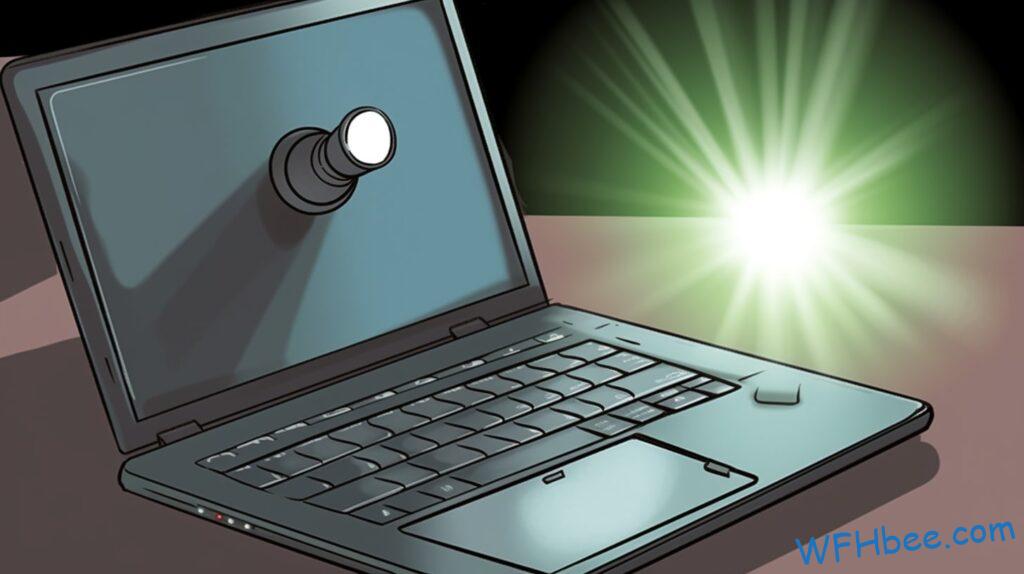
Can Employers See What I’m Doing On The Network Using VPN?
When it comes to online security and working remotely, the use of a Virtual Private Network (VPN) can help protect your data from being tracked.
With access control, you have the ability to limit what is visible on the network while maintaining privacy between devices.
However, employers may still be able to monitor some activities, despite of your VPN, if they have tracking software installed on their networks or other monitoring tools in place.
The key to avoiding employer surveillance when using a VPN for remote work is understanding the capabilities of the network itself.
If there are any blind spots that could potentially allow an employer to view certain activities, then those need to be addressed.
Additionally, having knowledge about the company’s policies regarding employee activity can help inform decisions about how much information should be shared with them over the internet.
By taking these steps, you can ensure that you remain secure and free from unwanted tracking by your employer.

Can A VPN Protect My Data And Privacy?
The use of a virtual private network (VPN) can protect both data and privacy when working remotely.
Take for example, the case study of John, an employee who recently began work-from-home operations due to pandemic restrictions in his area. Although he was concerned that his employer may be able to track him while he worked remotely, John found relief after learning about the benefits of using a VPN.
By encrypting the data sent over the internet and providing secure access to protected networks, a VPN keeps employees like John safe from online spying or tracking by their employers.
Thanks to these advanced security protocols such as data encryption and online security measures, businesses are now able to ensure their remote workforce is not only productive but also protected against malicious attacks on their networks.
With increased protection from malicious actors attempting to steal valuable information or confidential documents belonging to the company, companies can rest assured knowing that their remote workers are better equipped with tools that provide them with adequate network protection.
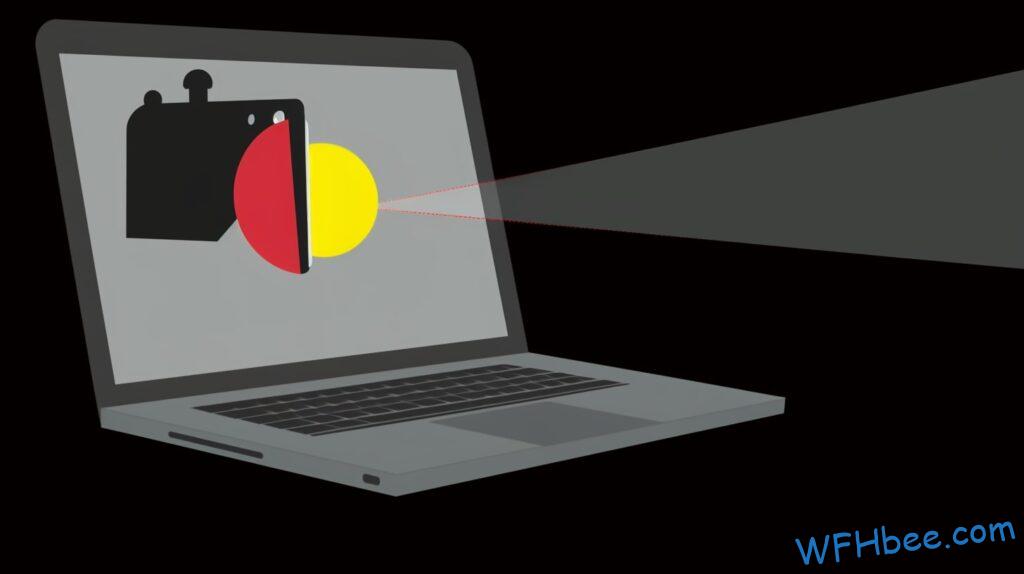
Do I Need A VPN To Work Remotely?
Working remotely is an attractive prospect, but it pays to ensure you stay safe when using the internet. Whether or not your employer can track you depends on how they’ve configured their systems and what company policies are in place.
A VPN (virtual private network) provides a secure way for remote workers to use the internet without having to worry about technical issues or being monitored by their employers. Using a VPN ensures that all of your online activities remain anonymous, protecting you from any potential intrusions into your personal data and browsing habits. It also prevents companies from tracking your location and activities while connected to their networks, allowing you ultimate privacy protection over public Wi-Fi networks.
With a reliable VPN service provider, you can be sure that no matter where you’re working, your information will remain confidential – even if there’s someone snooping around trying to gain access. Whether or not you need a VPN to work remotely boils down to understanding the risks associated with unencrypted connections as well as following company policies regarding internet usage while offsite. If either of these two factors present concerns, then investing in a quality VPN could be the best solution for keeping yourself safe online.

What Types Of VPNs Are Available?
Using a VPN to work remotely can be an effective way to protect your online privacy, but some may argue that employers are still able to track you through this technology. This is not necessarily true; there are various features available with VPNs that allow for greater security and anonymity when working remotely.
Here’s a list of four ways to ensure your employer won’t be able to monitor your activity:
- Choose one of the more reputable VPN providers out there who offer secure encryption protocols and other advanced VPN features.
- Make sure the provider has strict no-logging policies so that none of your activity or data can be stored by them.
- Regularly check for updates from your chosen provider in order to stay up-to-date on any new security patches or fixes they might have released recently.
- Utilize additional layers of protection such as two-factor authentication, firewalls, or anti-malware software where possible.
By taking these steps, it should give you peace of mind knowing that your activities while using a VPN will remain private and untracked by anyone else – including employers looking to monitor remote employees’ activities.

Should I Use A Free Or Paid VPN?
Connecting to a VPN can provide you with an extra layer of privacy and security when working remotely. However, it is important to consider the differences between free and paid VPNs before making your decision.
Free VPNs may be tempting because they are often easily accessible, but come with their own set of privacy implications and security risks. On the other hand, paid VPNs typically offer more features that promote greater protection for remote workers.
When weighing up these options there are several factors to consider. Paid services tend to have better encryption levels than free ones, which means less risk of data leakage or being hacked into by third parties. Furthermore, some paid services do not store any user logs whereas most free versions will record what websites were visited while using their service.
Ultimately, choosing between a free or paid version usually comes down to how much control over one’s digital presence a person wants during online activities; if complete anonymity is important then a paid option might be worth investing in.
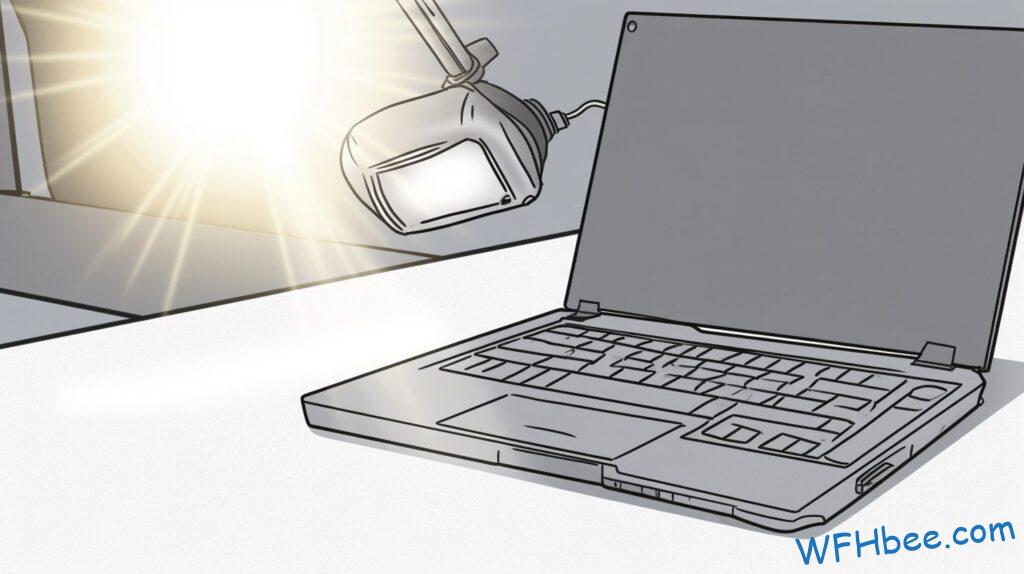
What Is The Best VPN For Remote Working?
Ah, the joys of remote working. The freedom to work from anywhere you want and not be stuck in an office all day! But is that really true?
Can your employer track you if you’re using a VPN? In reality, it’s actually quite difficult for them to do so because of the sophisticated encryption protocols used by most VPNs.
VPNs are incredibly important when it comes to online security and privacy – they create an encrypted tunnel between your device and the internet which keeps your data safe from hackers or malicious actors. They also use robust authentication methods such as two-factor verification to ensure maximum security.
So while employers may have access to certain information about their employees’ activities, they can’t see what websites have been visited or any other sensitive personal data due to the strong encryption protocols employed by modern VPN services. To make sure your remote working experience is secure and private, choosing a reliable VPN with advanced security features is essential.

How Can I Set Up A VPN On My Computer?
Setting up a VPN on your computer is easier than you think. The process requires following simple instructions, and even if you don’t have any technical expertise, the setup is still doable.
There are some important things to consider when setting up your own virtual private network – from the security measures that should be taken to small technical details that could make or break your connection.
First off, it’s essential that you choose a reliable and secure VPN service provider with strong privacy policies in place – they will help protect both yours and their data.
Then comes the actual set up process: look for an installation guide provided by the provider; download the software; follow all of its steps during installation; create an account (if necessary); configure settings according to your needs; turn on encryption protocols; connect to the desired server; and finally test whether everything works as expected.
Once this is done, you can enjoy browsing securely without worrying about being tracked! In addition, there are also certain features available with most providers worth considering such as split-tunneling (for bandwidth savings), kill switches (to ensure traffic safety) and zero logging policy (granting extra anonymity).
All these elements must be considered so that you can maintain online freedom while keeping yourself safe from potential threats. With careful consideration of these points – plus research into different services – one can easily find the right tool for them.

What Is The Difference Between A VPN And A Proxy?
When it comes to protecting yourself online, a Virtual Private Network (VPN) and a Proxy can both be instrumental in keeping your data secure. But how are they different?
A VPN is an encrypted connection that routes all of your internet traffic through a remote server, shielding you from potential security threats and allowing you to access geo-restricted content.
A proxy works similarly, but shields less of your activity from being tracked. Proxies don’t encrypt data like VPNs do; however, some proxies use additional layers of authentication for added protection against malware or other cyberattacks.
When choosing between the two services, consider the encryption standards used by each provider as well as their privacy policies so you can select the one with the most robust security measures available.
Keep in mind, neither solution will protect you if there is malicious software installed on your device before connecting to either service. To ensure complete safety while surfing online, make sure to keep up with regular patching updates and scan regularly for viruses or any other suspicious activities that may compromise your system’s integrity.

What Are The Benefits Of Using A VPN?
In a world where online privacy and security have become increasingly important, using a Virtual Private Network (VPN) is becoming more popular.
A VPN serves as an additional layer of protection for people who are concerned about their data being intercepted or monitored by potential malicious threats. It also offers anonymity benefits that make it easier to browse the internet with confidence – free from any fear of surveillance or invasion of privacy.
When you use a VPN, your traffic is routed through secure servers located across the globe, making it difficult for anyone to track your activities on the web. This provides enhanced security when connecting to public networks while also providing users with access to geo-restricted websites and services.
Additionally, many VPNs offer military grade encryption protocols that can be used to protect confidential data like passwords and payment information when conducting transactions online. With these features combined, VPNs are quickly becoming essential tools for those seeking greater freedom and privacy in the digital age.
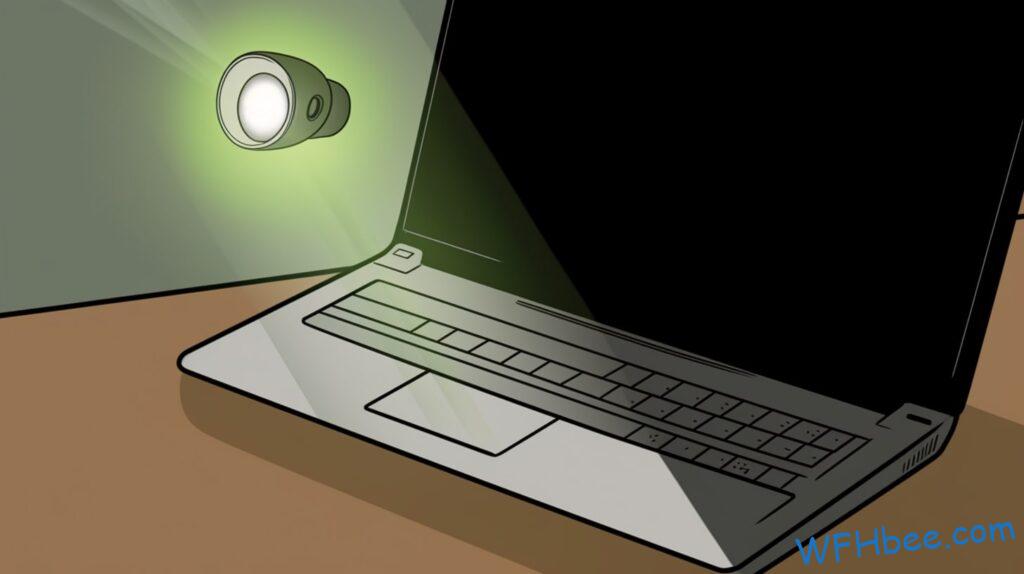
Final Answer: Can My Employer Track Me If I Use VPN?
Now let’s dive into the question of whether or not your employer can actually track you when using a VPN for remote work.
When used correctly, VPNs offer strong mobile security features that protect users from being tracked by their employers.
The encryption capabilities of a good VPN make it nearly impossible to monitor any activity within its network.
Additionally, with most modern companies offering remote access options, employees are more likely to use their own devices rather than company-issued ones – making it much harder for employers to trace activities back to them.
So while there may be some cases where employers could potentially still track employee activity through a VPN, these instances should remain relatively rare depending on how secure the user’s connection is.
All in all, as long as your VPN provider offers robust security measures and you take necessary steps to ensure your online privacy, then your employer will have trouble tracking your every move while working remotely, but it is not impossible!

Final Takeaways
In conclusion, using a VPN while working remotely can be beneficial in many ways. It can protect your data and privacy from prying eyes and help you stay secure on public networks.
However, there are risks associated with using a VPN as well. Employers may still be able to track your activity if they have the right tools.
So, overall, it’s up to you whether or not you want to take advantage of the security benefits that come with using a VPN for remote work.

